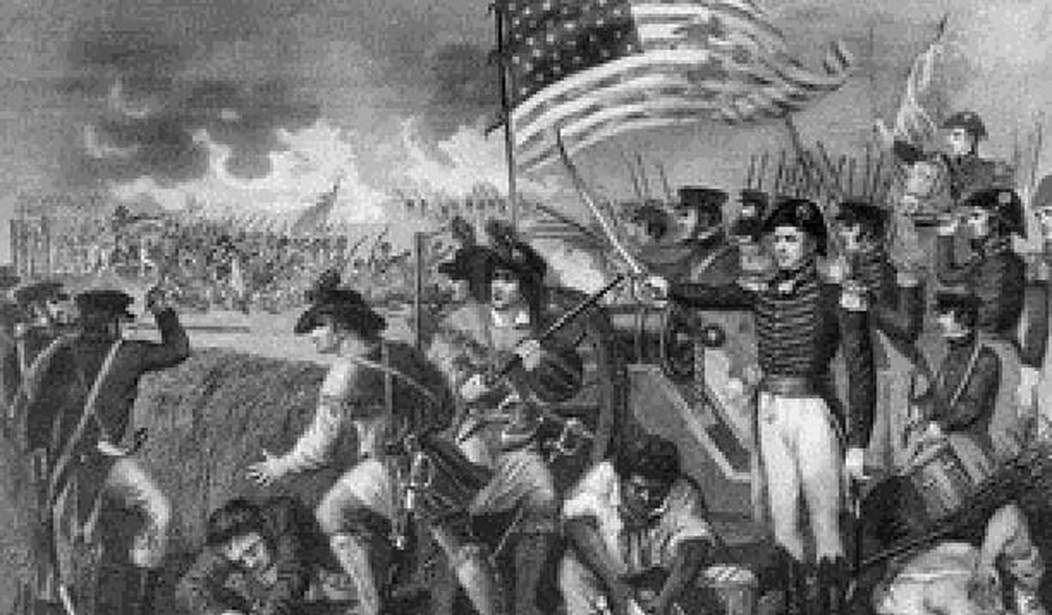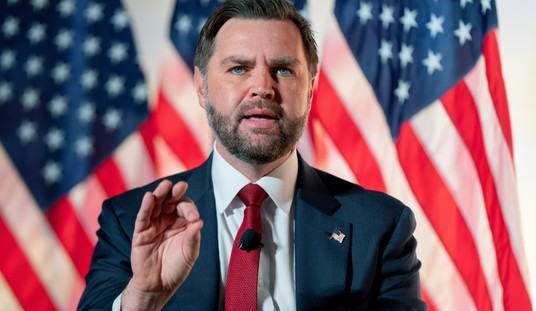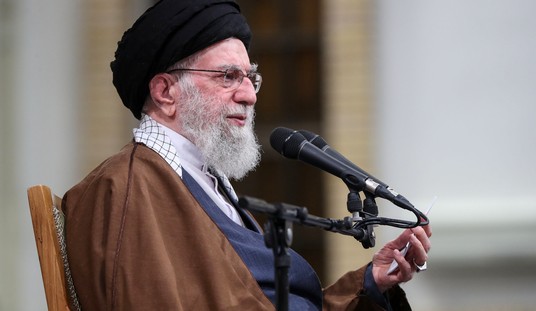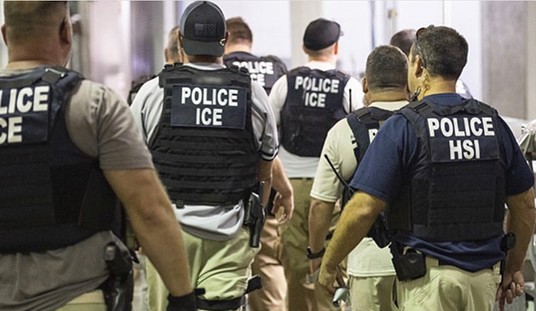On January 8, 1815, the final engagement in the Battle of New Orleans took place. This battle was a huge victory for the United States, even if the War of 1812 was technically over while it was being fought. This battle, more than any other in U.S. History, was responsible for not only developing a national identity, but in establishing the United States as a power to be reckoned with.
The War of 1812 was the second (and last) major war between the United States and Great Britain, and went on to show that the American Revolution was not a fluke. The U.S. could hold its own against a major global power. The Battle of New Orleans, one of the most remembered of that war, was a key battle that prevented the British from taking New Orleans, a strategic point (among other things, it would have allowed them to move forces further inland by way of the Mississippi River). It was imperative that the U.S. forces held it. And they did.
You see, the British commander was a man named Edward Pakenham, and he led what is and was considered to be one of the most elite forces in the world at that time. His troops were battle-hardened veterans of the Napoleonic Wars. See, when Napoleon abdicated, Britain brought over the veterans and, because of the influx of troops, were able to start new offensive operations, like the one in New Orleans (this is despite rampant war debt and war fatigue). Pakenham himself served previously with his brother-in-law, the Duke of Wellington (that guy that won Waterloo).
His enemies were led by a ragtag militia group led by some man named Andrew Jackson (yes, the future president – more on that below). This would have been a no-brainer of a battle except for a terrible decision that was possibly based on little to no knowledge of the local terrain: They landed in what is now lower St. Bernard Parish. For those of you who, like Pakenham, are unfamiliar with the geography, that is some pretty swampy land, and they had to haul all their supplies nearly 20 miles through the swamp.
Now, add to that some tremendous bungling of the actual battle itself. A canal collapsed, fog lifted and exposed a British unit to cannon fire, and one of the units forgot its ladders. This spectacular collapse of the British led to the the overwhelming victory of the Americans (the British lost a couple thousand troops and two generals while the U.S. only lost 71 and some cannons).
Forgetting the ladders was incredibly significant. Jackson, who was rather good at his job, quickly and efficiently built barriers that would require significant effort (and those damn ladders) to cross. Also, Jackson also employed a racially and ethnically diverse workforce to build those defenses – despite not being the most racially sensitive guy.
There are a few major things that make this battle so important. First of all, a victory in New Orleans would have been a major boon for the British. Access to the interior of the U.S. via the Mississippi River could change the way the war went. Add to that the fact that a British victory in the could very well have led to a reversal of the Louisiana Purchase, cutting the size of the United States in half. A major victory had the potential to reverse the peace treaty if the British, despite their war-weariness, had made a significant victory*.
Also important is that it led to a fantastic song. If you haven’t heard or don’t like Johnny Horton’s “Battle of New Orleans,” you cannot call yourself a true patriot. Hell, the fact that my wife knows all the lyrics is one of the top three reasons I married her.
What is most important about this battle is that it did something for the U.S. that hadn’t been done before – it created a national identity.
“It actually gave the United States an identity,” agreed Timothy Pickles, chairman of the Louisiana Living History Foundation and author of a book on the battle. “I think that’s why people forget it. They assume that identity has always been there.
“Really, before the War of 1812, there was no national identity of ‘I am an American.’ The words were ‘I am a Virginian. I am a Louisianan. I am a Marylander.’ The idea of being an American actually originated on the plains of Chalmette.”
It expands beyond this, however. It’s not just how we identify ourselves (“American” as opposed to “Louisianian” or “Marylander”), but how we identify our nation. We are the United States of America, and the Battle of New Orleans, in providing a monumental win over the British (again) and defending a key port, helped set the tone for how Americans perceived their country. We as conservatives feel a sense of duty to help make the country a better place by way of the very liberty the Battle of New Orleans helped America retain.
The idea of being an “American” is the most important identity we can have. That is not to say we all belong to the government, like the Democratic National Convention told us, but the country belongs to us, the people. The identity we have toward our country is the reason we as conservatives fight today. When America is strong, we are strong. When America is weakened, we as a people are weakened. America’s showing of strength over the British in two major wars helped develop that idea, and it is one that we carry with us even today.
There is one more thing that the Battle of New Orleans provided us with – America’s first notable Democratic politician, Andrew Jackson. And, despite how insane he may or may not have been (yes, beating the ever-loving hell out of someone who pulls two guns on you, the President of the United States of America, is fairly insane), he’s a badass Democrat. Hell, I might even vote for him if he were on the ballot today. Better than the current crop of Democrats who pee sitting down.
*I stand athwart some folks here by stating this, but I will stand by it.
Special thanks to Steve Maley, Dan McLaughlin, and Streiff for their input.














Join the conversation as a VIP Member